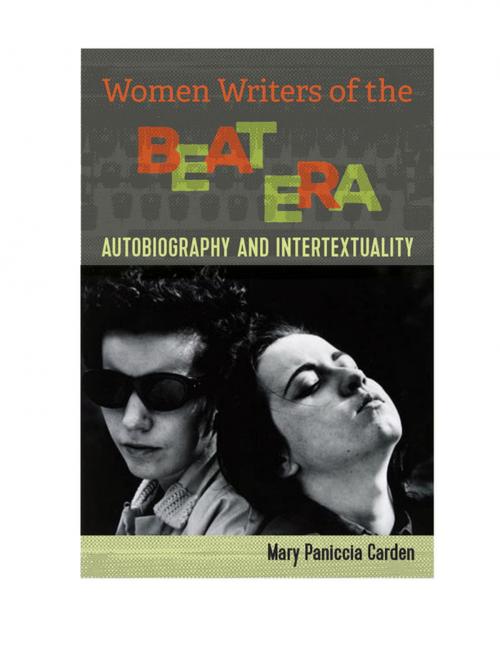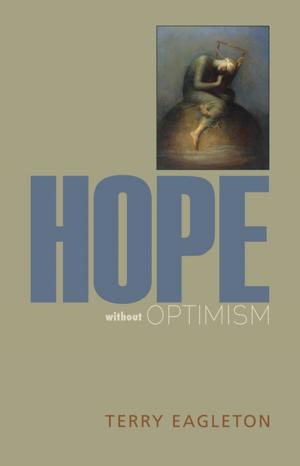Women Writers of the Beat Era
Autobiography and Intertextuality
Fiction & Literature, Literary Theory & Criticism, Feminist Criticism, American| Author: | Mary Paniccia Carden, Justin D. Neuman | ISBN: | 9780813941233 |
| Publisher: | University of Virginia Press | Publication: | April 30, 2018 |
| Imprint: | University of Virginia Press | Language: | English |
| Author: | Mary Paniccia Carden, Justin D. Neuman |
| ISBN: | 9780813941233 |
| Publisher: | University of Virginia Press |
| Publication: | April 30, 2018 |
| Imprint: | University of Virginia Press |
| Language: | English |
The Beat Generation was a group of writers who rejected cultural standards, experimented with drugs, and celebrated sexual liberation. Starting in the 1950s with works such as Jack Kerouac’s On the Road, Allen Ginsberg’s Howl, and William S. Burroughs’s Naked Lunch, the Beat Generation defined an experimental zeitgeist that endures to today. Yet left out of this picture are the Beat women, who produced a large body of writing from the 1950s through the 1970s and beyond.
In Women Writers of the Beat Era, Mary Paniccia Carden gives voice to these female writers and demonstrates how their work redefines our understanding of "Beat." The first single-authored study on female writers of this generation, the book offers vital analysis of autobiographical works by Diane di Prima, ruth weiss, Hettie Jones, Joanne Kyger, and others, introducing the reader to new voices that interact with and reconfigure the better-known narratives of the male Beat writers. In doing so, Carden demonstrates the significant role women played in this influential and dynamic literary movement.
The Beat Generation was a group of writers who rejected cultural standards, experimented with drugs, and celebrated sexual liberation. Starting in the 1950s with works such as Jack Kerouac’s On the Road, Allen Ginsberg’s Howl, and William S. Burroughs’s Naked Lunch, the Beat Generation defined an experimental zeitgeist that endures to today. Yet left out of this picture are the Beat women, who produced a large body of writing from the 1950s through the 1970s and beyond.
In Women Writers of the Beat Era, Mary Paniccia Carden gives voice to these female writers and demonstrates how their work redefines our understanding of "Beat." The first single-authored study on female writers of this generation, the book offers vital analysis of autobiographical works by Diane di Prima, ruth weiss, Hettie Jones, Joanne Kyger, and others, introducing the reader to new voices that interact with and reconfigure the better-known narratives of the male Beat writers. In doing so, Carden demonstrates the significant role women played in this influential and dynamic literary movement.















